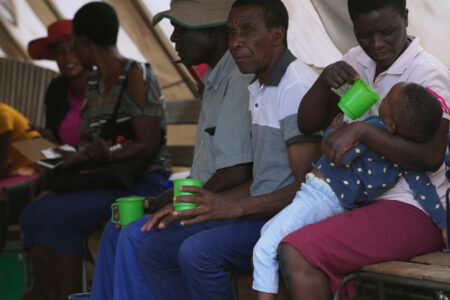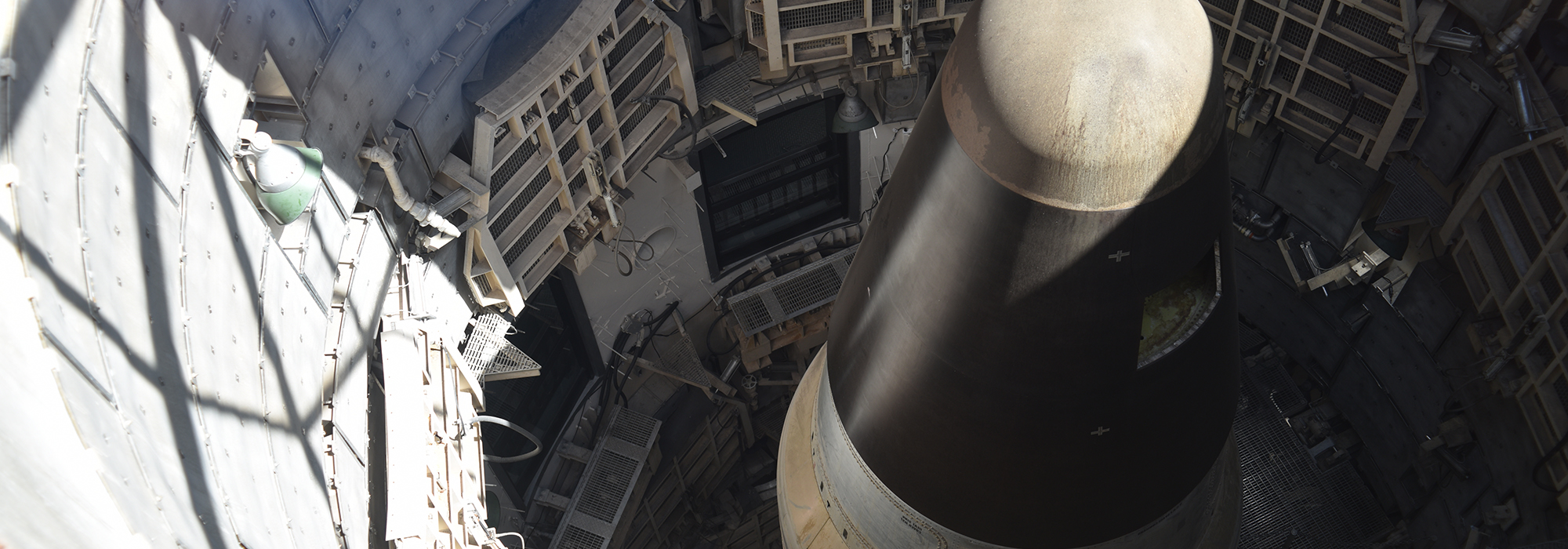
The coronavirus has exploded into a global health risk not seen in a century. By early May, more than 3.8 million people in at least 187 countries and territories had tested positive, of whom nearly 271,000 had died.
While it is difficult to fault anyone for the way they deal with the sort of health crisis that has not occurred 100 years, it does call into question the ability of the world, particularly the World Health Organization (WHO), to anticipate and control epidemics.
Rather than engage in recrimination, it will be better to carefully determine how future pandemics can be avoided. Given the scale of the disaster, incremental improvements may not be sufficient. Creativity and out-of-the-box thinking should be encouraged.
In that spirit, it may be worthwhile to examine the experience of global nuclear arms control.
The World Health Organization
Any review must begin with an examination of the WHO.
A good place to start is watching this year’s meeting of the World Health Assembly, which is the decision-making body of the WHO. That meeting took place over several days in early February.
By then, COVID-19 was certainly beginning to be seen as a global risk. Yet over the week of the WHO meetings, only 90 minutes were devoted to the pandemic. More frightening evidence about the pandemic had yet to emerge. And although the WHO is the global health early warning system, there did not appear to be any sirens ringing in the halls of the World Health Assembly. It was just the opposite. There was a great hall filled with almost 1,000 people from all over the world packed together for days. Clearly, concerns about social distancing were not top of mind. One wonders how much such a gathering contributed to the spread of the virus.
Listening to the speakers at the event, it is clear there are a number of very talented and committed individuals associated with the WHO. The speakers, however, showed a limited understanding of the emerging crisis. The director general of the WHO said there was no need for fear or panic, and cautioned against any over-reaction that might lead to flight bans from China. The Chinese representative limited his remarks to a thinly veiled attack on the United States for its decision on Jan. 31 to suspend entry of foreign travellers coming from China. Perhaps most memorably, the Italian representative thanked China for all it had done to contain the virus and cooperate with the international community.
The executive committee discussions largely focused on setting up committees, coordinating with other international agencies, asking member countries to provide the WHO with essential data and trying to secure funding to fight the virus.
The funding issues were particularly concerning to African countries. One representative noted that his country was already fighting three other epidemics without the necessary resources.
The deliberations had the feel of a group of people standing in front of a burning building talking about creating a working group to determine the best options for purchasing a fire hose.
From arms control to virus control
There is much that public health officials could learn from world’s response to the nuclear threat. The Nuclear Non-Proliferation Treaty (NPT) was created to set down the rules for use of nuclear technology and arms control. The International Atomic Energy Agency (IAEA) was formed to monitor the member countries and enforce the rules. The NPT was further strengthened by the formation of the Nuclear Suppliers Group to make it difficult to acquire the capability to produce nuclear weapons.
The global nuclear control regime is not based on a hope and a prayer but real inspections and enforcement. It’s not perfect, but it is an example of a multinational initiative with real teeth.
So how is this relevant to the pandemic crisis?
Garnett Genuis, a member of the Canadian House of Commons committee on Canada-China relations, and former Liberal cabinet minister Irwin Cotler have expressed reservations about China’s lack of transparency and suppression of information in light of the Canadian government’s recent decision to fund COVID-19 research led by a University of Alberta professor with collaboration with the Wuhan Institute of Virology. “To protect institutions, researchers and our national interests,” Genuis said, “there need to be strong safeguards in place for these kinds of partnerships and clear standards that institutions can follow.”
The NPT sets very strict protocols and IAEA inspectors have the right to enter and inspect facilities at any time. In some facilities, sealed cameras are in place that only inspectors can access. Violations of protocols can result in severe international sanctions.
A standard-setting, oversight and enforcement global health authority similar to the IAEA with the unfettered right to enter all research laboratories would be invaluable in avoiding or at least mitigating the worst risks, of deadly pathogens being accidentally released or stolen.
It would be unworkable to have a single global health safety code, but there are certain activities, such as wet markets, that represent significant trans-border health risks. As with the IAEA, a global health authority should have the right to put inspectors in locations where these threats originate and report the results to the international community without interference from any national government. Accusations of governments withholding information along with the WHO’s credibility being called into question have been a huge impediment to crafting an internationally coordinated response.
Finally, watching well-meaning and capable officials at the World Health Assembly passing the hat to raise money to combat an epidemic already raging around the planet is unsettling. The World Health Organization should be less “organization” and more “authority.”
Is it possible to create something like global health financial bonds that an international authority could automatically draw on to instantly undertake counter measures instead of having a conference and forming a committee?
The road to disaster is paved with good intentions. Unfortunately, when the crunch comes, national governments often retreat into self-interest. What could be done to ensure that nations abide by the rules of a global health authority?
One approach might be to make membership in a global health authority a precondition to membership in the World Trade Organization. If a country does not want to wholeheartedly support and enforce global health standards, it would not be eligible to participate in the global trade order.
The coronavirus seems to have put the WHO into the ICU. It would be regrettable if the WHO were to become the final victim of COVID-19. We should not let this crisis go to waste. It offers an opportunity to rebuild an approach to global health that is better and more responsive. If humanity can avoid nuclear wars, surely this challenge, which is no less dangerous, deserves the same sort of solution.
This article is part of the The Coronavirus Pandemic: Canada’s Response special feature.
Photo: An inert Titan II nuclear missile in a launch silo at the Titan II Missile Museum in Sahuarita, Arizona. The nuclear payload has been removed. Shutterstock, by Paul R. Jones.









